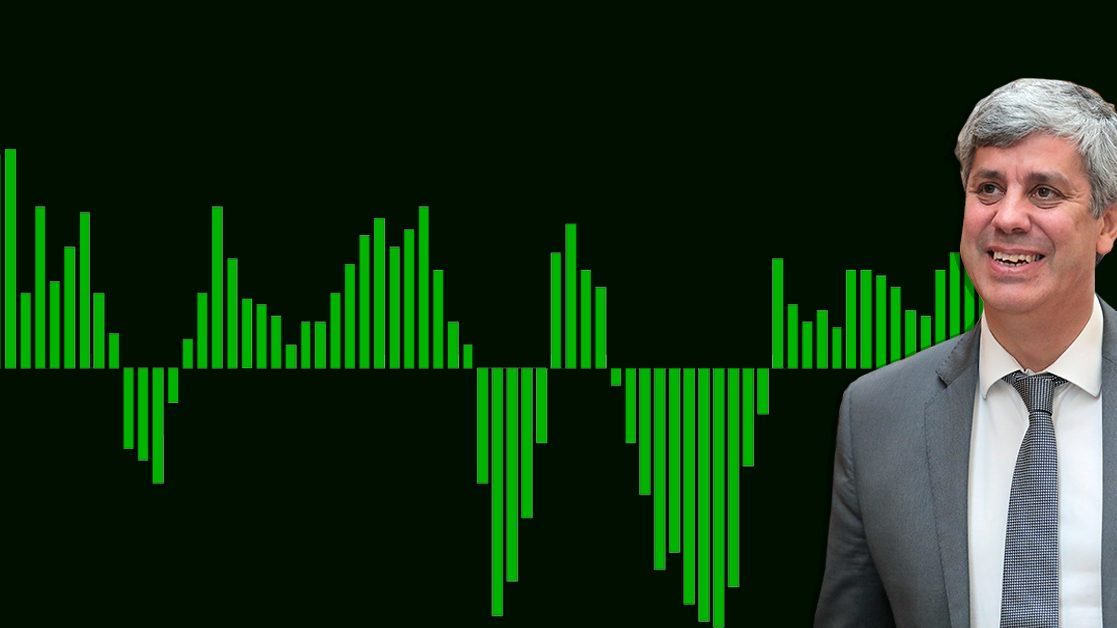OECD warns: external shocks will be a challenge for Portugal
OECD warns the Portuguese economy of the "particularly" difficult challenges it will face in case of an external impact. The Organization says there is little ability to handle an economic shock.
The Portuguese economy is still vulnerable to external negative impacts. The warning was given this Tuesday by OECD in November’s Economic Outlook. The Organization considers the economic recovery has “gained traction” in 2017 thanks to last year’s structural reforms and to the reinforcement of private consumption. For 2018, it is even more optimistic than the Government: OECD points to a GDP increase of 2.3% in comparison to the 2.2% expected by Mário Centeno. However, there are still risks of external shocks, mainly in the financial sector.
“Although the stability of the financial sector has improved over the past few years, low-quality assets and weak profitability [of banks] reduce its capacity to withstand an adverse economic shock“, the Organisation for Economic Co-operation and Development (OECD) states. In the chapter devoted to Portugal, OECD also highlights the “elevated” level of NPL and the “high” public debt, which may be “particularly challenging” to the “real economy”, in light of any new negative external shocks.
Public debt remains very high and constrains the ability of the government to respond in the event of future external shocks.
In addition, there are other factors that sustain the Portuguese economy in case of external crisis. “The private sector, especially corporations, remains heavily indebted“, the organization headed by Angel Gurría states. Concerning the public sector, the OECD warns the Government that a further fiscal expansion “may risk undermining fiscal sustainability”. “Public debt remains very high and constrains the ability of the government to respond in the event of future external shocks”, the document states.
In spite of the warnings, OECD is more confident about Portugal’s economic growth than the Government: on the Economic Outlook, there is a 2.3% GDP increase for 2018 and 2019, while the Executive foresees a 2.2% growth. The drivers of the economy will be the internal demand and exports, according to OECD, because consumption will continuing accelerating because of jobs creation. “Rising private consumption has reflected a notable increase in real disposable incomes and accelerating employment”, OECD signals.
As for public accounts, OECD foresees the 2017 deficit will stand at 1.5%, above the Government’s goal of 1.4%. For 2018, the estimate is 1%, in comparison to the Executive’s 1.1%.




